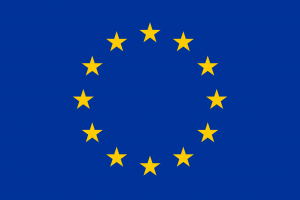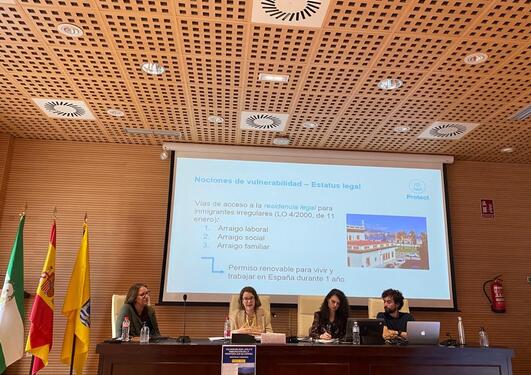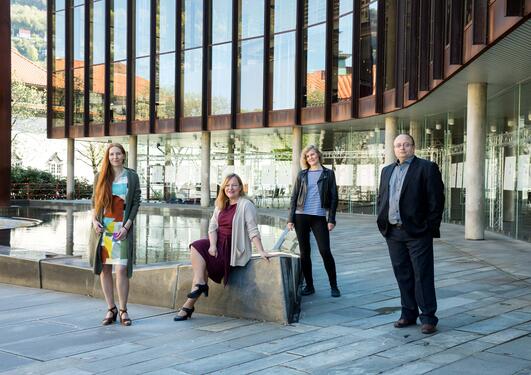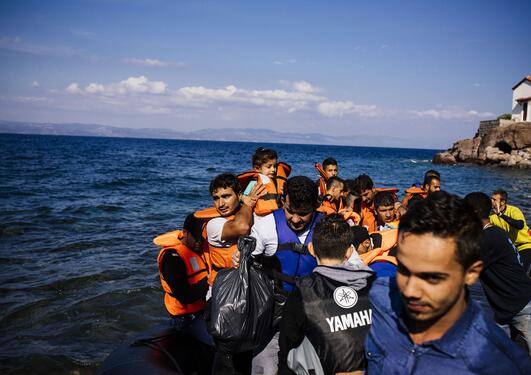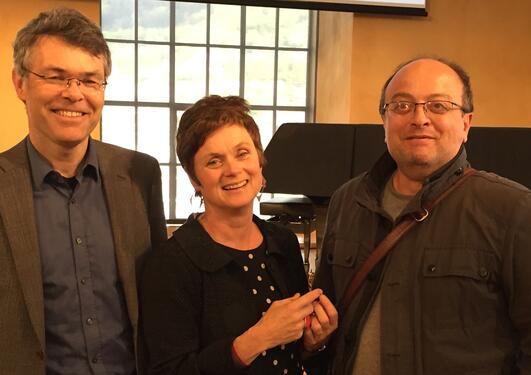PROTECT - The Right to International Protection
PROTECT - The Right to International Protection. A Pendulum between Globalization and Nativization? is an EU funded research project.
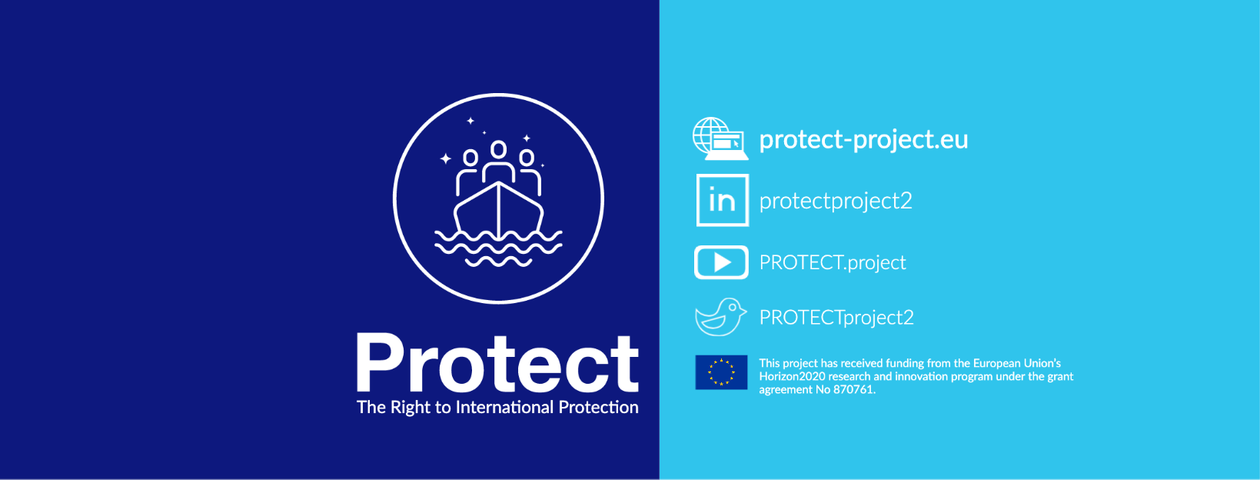
Main content
The project studies the impact of the UN’s Global Compacts on Refugees and Migration on refugees’ right to international protection.
It was officially launched on February 1st, 2020. The project is conducted by an international consortium of 11 universities in Europe, Canada, and South Africa and led by Professor Hakan G. Sicakkan on behalf of the Department of Comparative Politics, University of Bergen.
At SKOK, guest researcher and former Head of Centre Christine M. Jacobsen and researcher Marry-Anne Karlsen are part of the University of Bergen team. In PROTECT, Jacobsen and Karlsen are involved in the work of WP4, which maps the ground level actors that are involved in the reception of migrants and asylum seekers in selected entry zones in France, Italy, Spain, and Greece, as well as South Africa and Canada. They apply their ethnographic experience and expertise in investigating if and how the compacts on refugees and migration influence ground-level actors’ understanding of ‘vulnerability’, particularly related to gender and legal status, and if and how it changes how they cooperate to meet special needs.
Kick-off Conference aftermovie
Get to know the PROTECT project.
PROTECT studies the impact of the United Nations’ ‘Global Refugee Compact’ and ‘Global Migration Compact’ on the functioning of the international refugee protection system. This investigation will be done from the perspectives of political theory, legal theory, cleavage theory, public sphere theory, multilevel global governance, and ethnography. The entities focused on are the UNHCR and IOM (the global level), the European Union and the African Union (regional level), EU countries, Canada and South Africa (state level), and Canadian, South-African and South-European border zones (the local level).
Empirically, PROTECT engages in an extensive legal, institutional, attitudinal, and media content data collection. As part of its empirical work, it aims to identify the changes in the notion of refugee protection due to the introduction of the two UN Global Compacts. Conceptually, PROTECT endeavors to develop a notion of refugee protection that is sensitive to the current political realities. Theoretically, it aspires to develop a theory explaining why a notion of refugee and refugee protection governance, and not other competing notions, wins the race at the global level.
